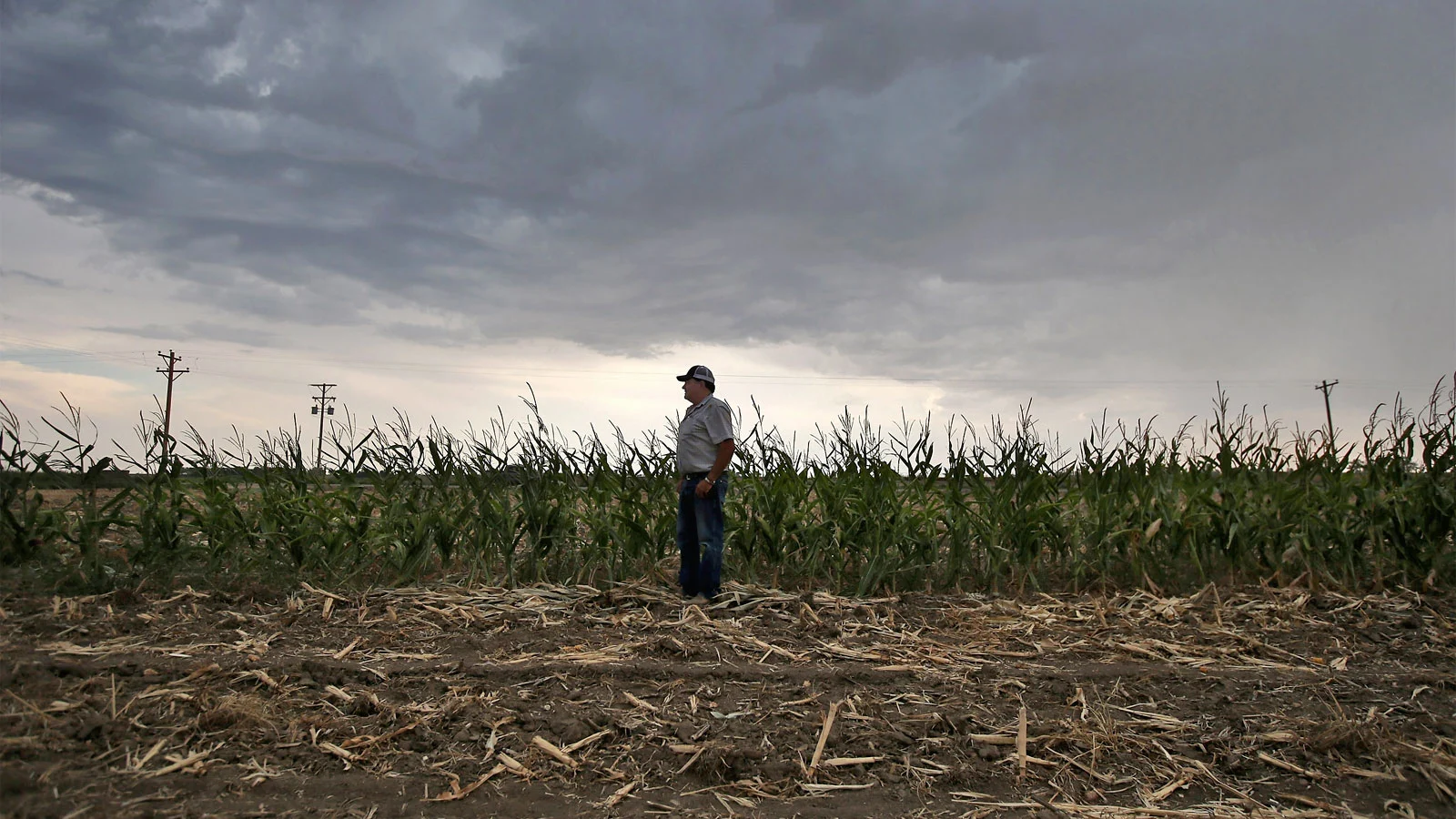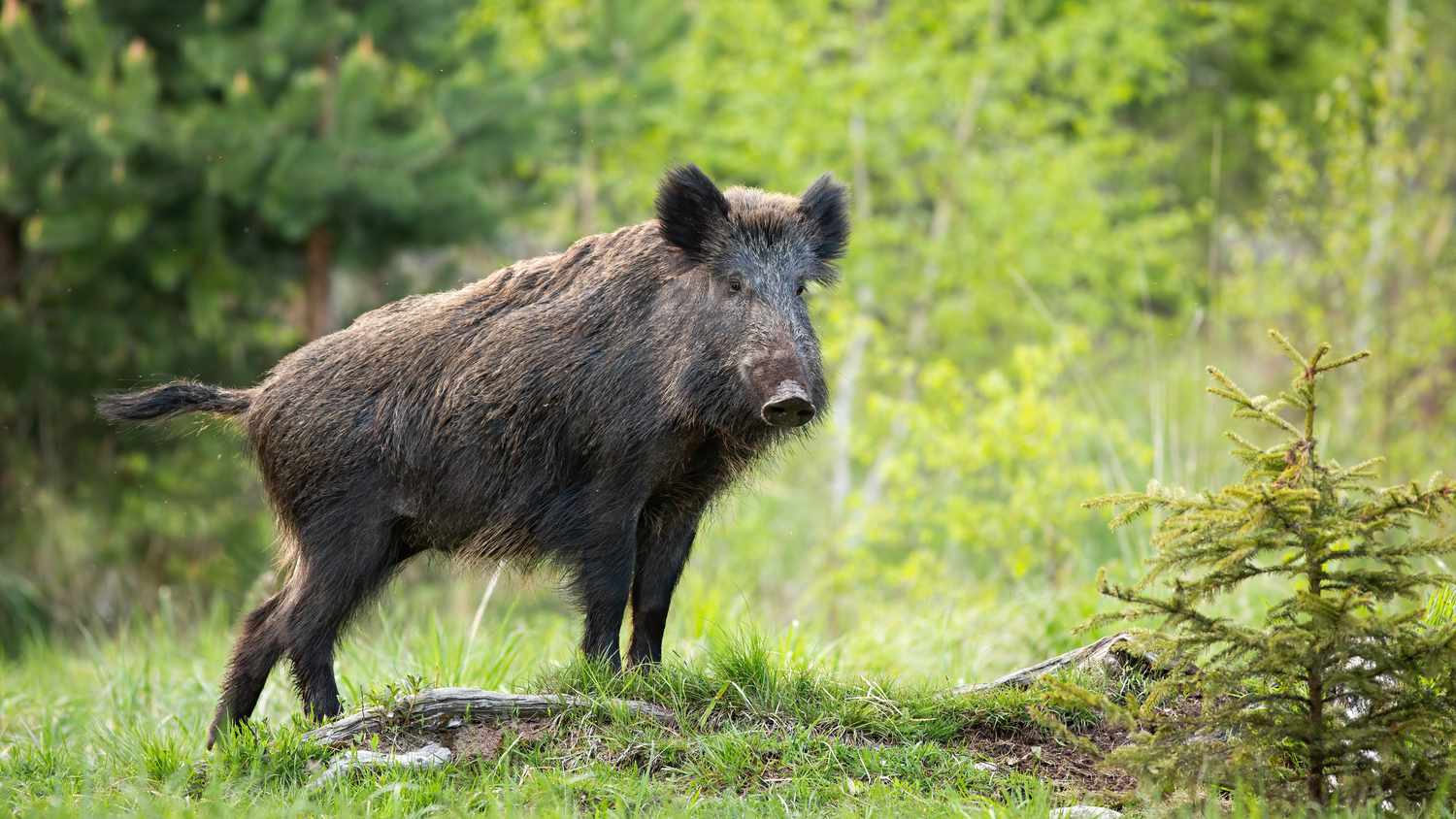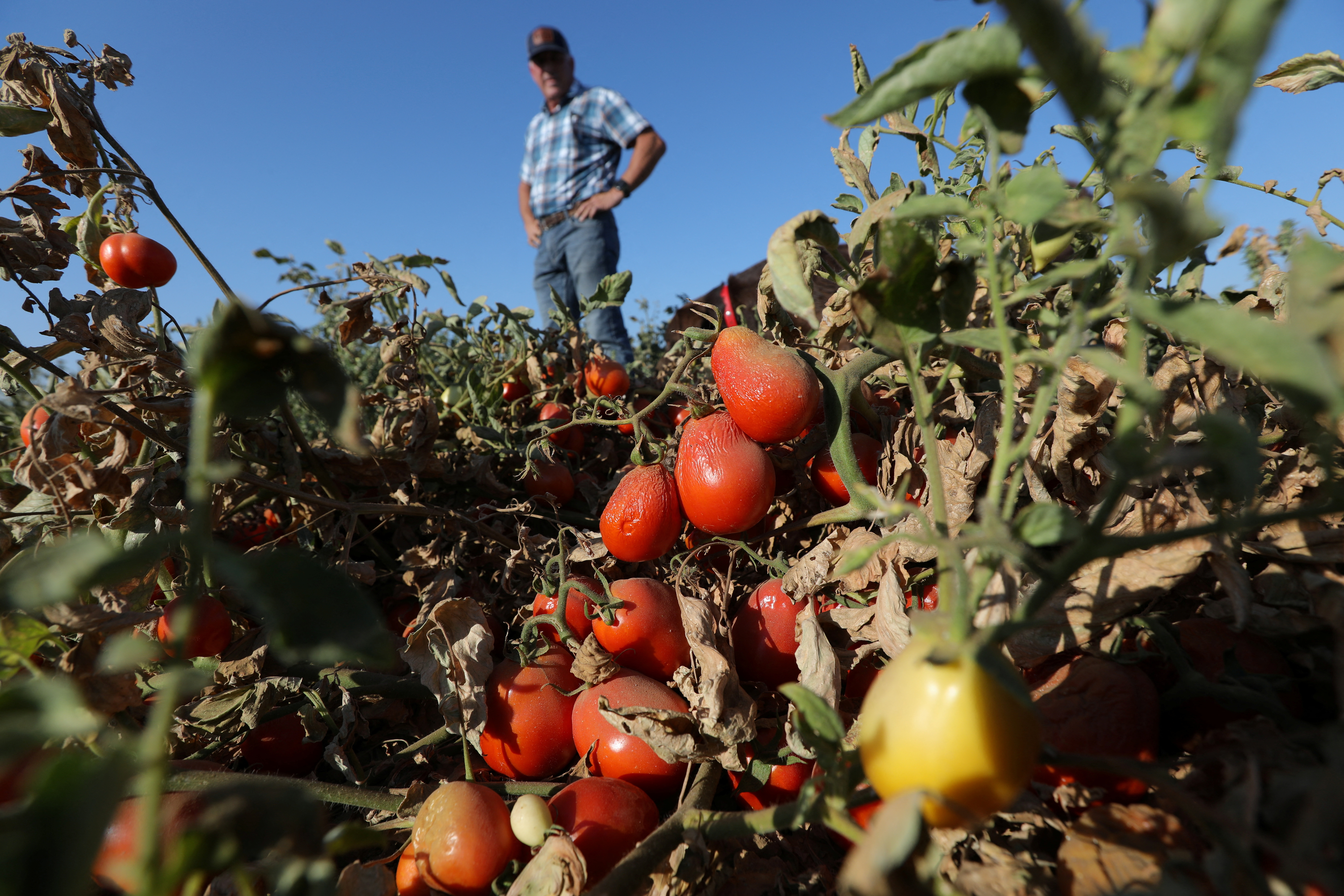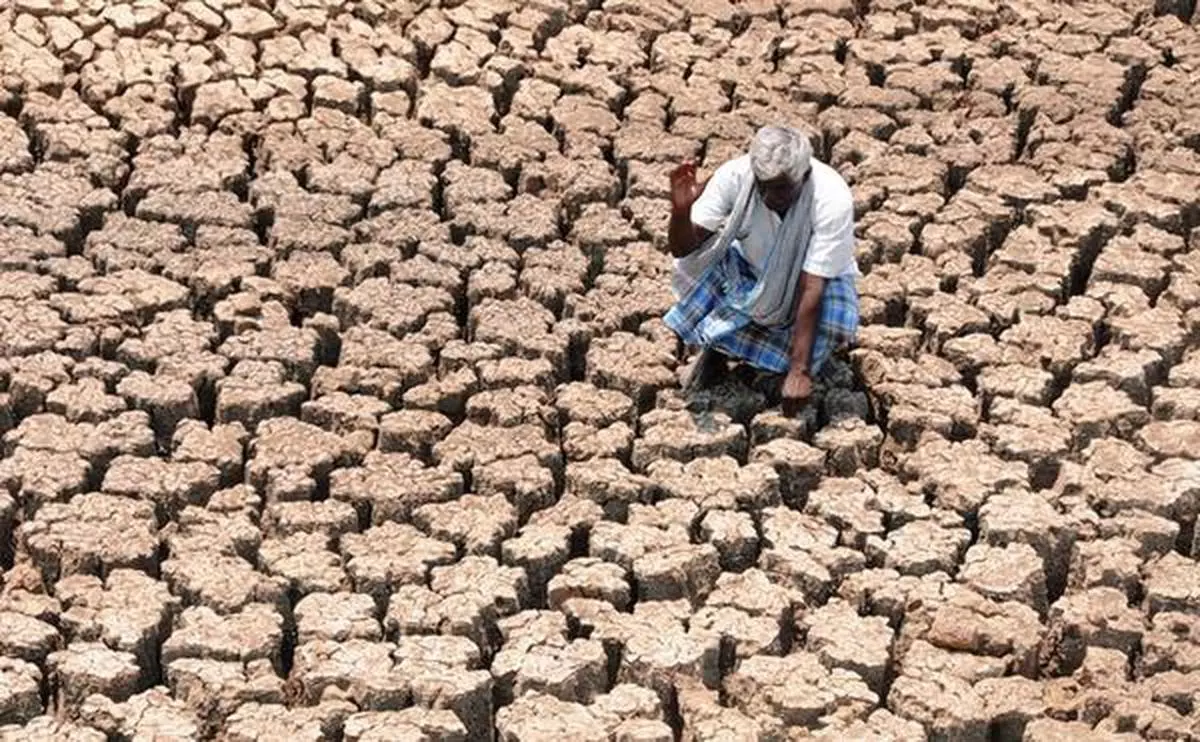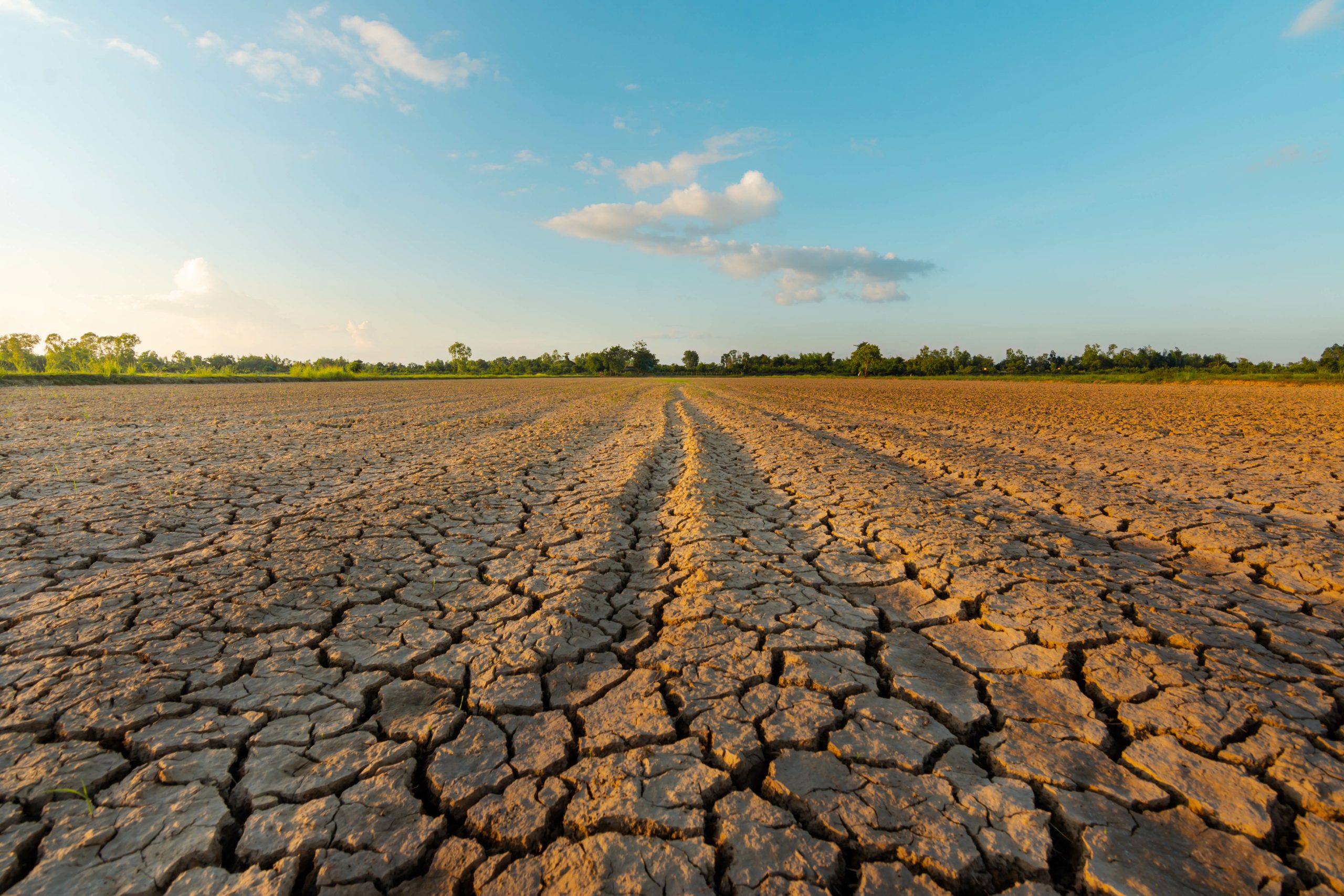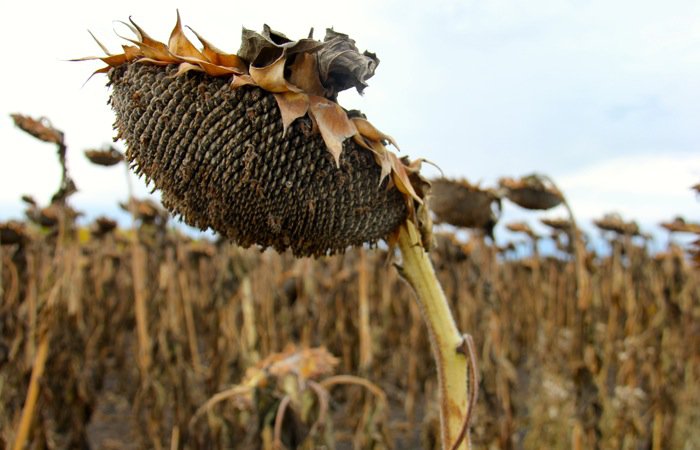Above normal temperatures allowed for excellent harvest progress over the past week in Manitoba, with harvest of spring cereal crops nearing completion.
Harvest of canola, flax, edible beans and soybeans continues. Sunflower harvest has also started in the Central and Eastern Regions, and grain corn harvest is expected to start shortly in some areas of the province.
Seeding of winter wheat is almost complete, and the earliest seeded winter wheat has emerged. Acreage seeded to winter wheat will be consistent from last year in some regions and higher in other regions.
[caption id="attachment_108413" align="aligncenter" width="300"]

Photo: File/Lorraine Stevenson[/caption]
Southwest Region
In the Southwest Region, seasonal temperatures over the weekend allowed harvest activities to resume after rainfall amounts of 10 to 15 mm occurred mid-week.
Spring cereal crop harvest in the Southwest Region is 95 to 100 per cent complete; areas that received heavier precipitation amounts still have some cereal acres to harvest. There is quality loss noted across all spring cereal crops due to staining, sprouting, as well as lower bushel weights.
The canola harvest is progressing as 40 to 50 per cent of acres are complete in areas north of Highway #1 and 80 per cent complete south of Highway #1. Reseeded canola is swathed and it is anticipated harvesting of those fields will begin later this week. Overall to date, canola yields range from 35 to 60 bu/acre, with most fields yielding 40 to 45 bu/acre. On fields that were not reseeded, yields are generally above average.
Flax fields continue to be desiccated in preparation for harvest. The odd field has been harvested with no yield reports to date.
Soybean maturity is in the R7 (seed fill to capacity) to R8 (brown pod/mature) stage of development, with most early varieties mature. Some initial harvest has begun on the earlier maturing varieties with yields in the 35 to 40 bu/acre range.
Sunflowers and grain corn continue to mature without any major disease issues.
Winter wheat and fall rye seeding saw good progress after the rain last week. Acreage seeded to winter cereals is up over last year’s acreage.
Some light field work and weed control measures are occurring in harvested fields.
Second cut alfalfa continues to be harvested with yields average to above average with variable quality depending upon rainfall. Corn silage harvest has begun in the more southern areas of the region with above average yields reported. Water levels in dugouts are at approximately 85 to 90 per cent of capacity.
Northwest Region
Unsettled weather conditions prevailed through the north half of the Northwest Region during most of the week, causing a delay in harvest progress throughout most of that area. There were reports of light frost in some parts of the region but no reported crop injury. Over 50 mm of precipitation were recorded in parts of the Swan Valley. More favorable harvest conditions returned to the region on the weekend allowing harvest to resume.
Overall, harvest is approximately 65 per cent complete for the region. In the southern part of the region (north of Ste Rose), producers have mostly field corn and soybeans left to harvest. The rest of the region is waiting on canola, flax, soybeans and grain corn. Average quality is reported for most crops harvested in the region.
In many cases, fall field work operations are caught up to harvest and many tilled fields have good growth of weeds and volunteer plants. Soil moisture conditions are adequate in most parts of the region but are excessive in The Pas and in some localized areas around McCreary and the Swan Valley.
Corn silage harvest has started where the correct stage has been reached or where crops have dried down due to frosts. Producers are still harvesting second cut alfalfa in some areas. Pastures are slowing in growth. Water supplies are adequate.
Central Region
Average to above average temperatures were seen through much of the week in the Central Region, and the beautiful weather allowed harvest to progress over the weekend. Rainfall amounts of 5 to 15 mm fell over much of the region on Thursday, slowing harvest temporarily. Standing water remains in some fields from earlier rains, and heavy dews are common. Light frost was reported on Saturday above the escarpment, but is not expected to have caused significant damage to crops remaining to be harvested. Rain would be welcome in much of the southwest part of the region, above the escarpment.
Only a few cereal fields remain to be harvested in the Central Region. Majority of the canola harvest is also complete, with the last reseeded fields swathed and drying down, or standing and waiting for conditions to allow for straight cutting. Canola yield continue to be variable, ranging from 10 to 15 bu/acre in areas that experienced excess moisture, to 40 to 50 bu/acre.
Most pea fields are harvested with yields in the 40 to 50 bu/acre range. Flax harvest continues; yield reports range from 18 to 35 bu/acre. Potato digging continues.
Desiccation of sunflowers is mostly complete. Harvest has begun on the earliest fields; early yields of 2000 to 3000 lbs/acre are reported. Corn is maturing and drying down. Some fields benefitted from recent rains. Corn silage harvest has begun.
Edible bean harvest continues as conditions allow, with average yields. Soybean harvest has begun, with less than 10 per cent of acres completed. Early yields range in the 35 to 50 bu/acre range. Areas that received higher rainfall amounts are lower in yield, and fields in the southeast areas that were impacted by hail in August are yielding 10 bu/acre or slightly higher.
There is good regrowth of perennial weeds post-harvest, allowing for control measures to be made in preparation for next year.
Fall tillage is underway where conditions allow. Many fields have firmed up after the recent heavy rains. There are still a number of fields that are too wet to work properly; some will need more drying time. Dry areas have received enough rainfall to work reasonably well. Soil testing continues. Fall fertilizing has started, but slowed as the soybean harvest picks up.
Fall rye and winter wheat are seeded; crops are germinating and starting to emerge. Additional moisture will be welcome above the escarpment to support fall development. At this point, seeded acres are expected to be flat to slightly above last year’s acres.
Hay harvest is mostly complete for second cut in southern areas, with reasonable yield and quality. Some third cut is being done, with more to follow, in the west. In the northwest part of the region, second cut haying is mostly being delayed until close to a frost to avoid cutting during the critical fall period. Pasture growth has slowed or stopped, dependent on moisture conditions. Low lying areas of fields, sloughs and field perimeters are being utilized wherever possible to extend the grazing period. Hay and pasture in areas above the escarpment would benefit from significant rain, and most are rated fair to very poor. The same areas report adequate to less than adequate livestock water supply.
Eastern Region
The weather in the Eastern Region last week was warmer than the previous week. Reports of 3 to 7 mm of precipitation fell in the region on Thursday, temporarily slowing down harvest. There is no standing water in fields but there remain occasional wet spots that producers are avoiding. Overall, harvest progress was made, with the focus on finishing canola and spring cereal crops.
Spring wheat harvest is 95 per cent complete with an average yield of 55 bu/acre and average quality. About 95 per cent of the oat crop is harvested with an average yield of 110 bu/acre and average quality. About 80 per cent of the canola is harvested with an average yield of 40 bu/acre and average quality.
The majority of soybeans are in the R8 growth stages with some later fields still at the late R7 stage. Isolated reports have come in of some soybean harvesting in northern parts of the region with initial yield reports of 45 bu/ac with good quality. If weather is favourable, soybean harvest will become more general this week.
Sunflowers are in the R9 growth stage and desiccation has occurred in some fields. There was one field of sunflowers harvested in the northern part of the region; no yield reports yet. Head rots continue to be noted, with crop damage and yield loss to be determined once harvest begins.
Corn is in the late dent (R5) to maturity (R6) growth stages.
Field work and winter wheat seeding resumed as fields dried from the previous week’s precipitation.
Pasture conditions are rated at 60 per cent good, 20 per cent fair and 20 per cent poor. Second cut grass hay was coming down on the weekend and some producers are having access issues to some fields to get first cut grass hay. Currently, hay supplies are rated at 20 per cent surplus and 80 per cent adequate. Straw, greenfeed and feed grain supplies are all rated as adequate. Pastures are in good condition with a couple producers stating to feed bales. Availability of livestock water is also adequate.
Interlake Region
In the Interlake Region, trace amounts of precipitation were recorded in the area, averaging from 1 to 6 mm. Warm temperatures and windy conditions allowed producers to continue harvesting throughout the week. Field conditions are still wet in areas with producers having a difficult time crossing some fields.
Estimated harvest progress is approximately 55 to 65 per cent complete. Harvest of spring cereal crops is nearly complete in the Interlake Region. Quality of grain is declining as cereals that are left to harvest have sprouting and mildew issues.
Canola harvest is nearly complete, but some late seeded crops are still in swath waiting to mature. Some canola has been desiccated and left standing for straight cutting.
Alfalfa seed harvest should start this week as fields mature. Soybean harvest could start this week as crops reach maturity. Sunflowers will be desiccated this week as maturity is reached.
Winter wheat seeding is nearly complete as some producers had a later start due to delay of canola harvesting. Fall tillage is on-going as fields dry.
Pastures are in good shape for this time of year due to frequent rains in July and August, as well as no killing frosts to date. Greenfeed crops yielded well; corn for silage looks promising.
Source - http://www.manitobacooperator.ca
 Photo: File/Lorraine Stevenson[/caption]
Photo: File/Lorraine Stevenson[/caption]
 Photo: File/Lorraine Stevenson[/caption]
Photo: File/Lorraine Stevenson[/caption]



